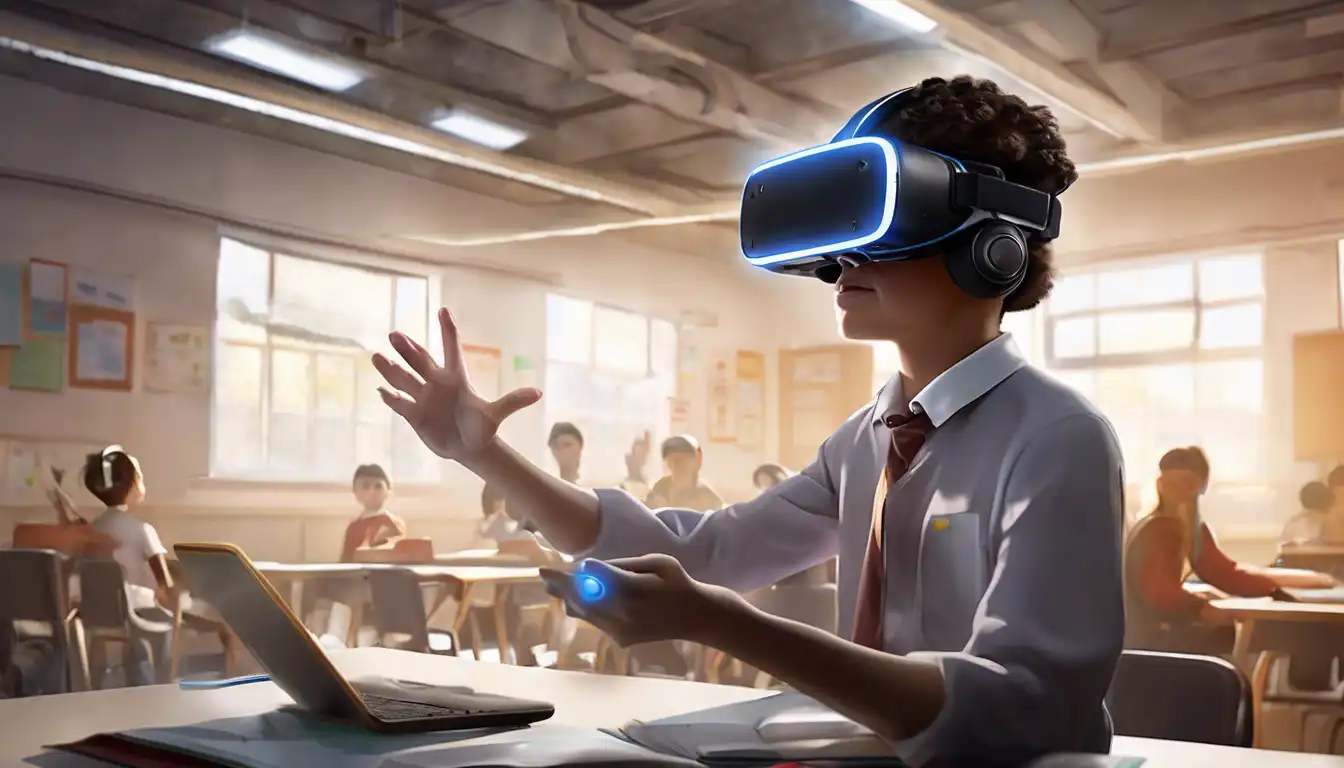The Transformative Impact of Virtual Reality on Learning and Development
Virtual Reality (VR) technology has been making waves across various sectors, but its potential in education and training is particularly noteworthy. By creating immersive, interactive environments, VR offers unparalleled opportunities for experiential learning, skill development, and engagement. This article delves into how VR is revolutionizing the educational landscape and training methodologies.
Immersive Learning Experiences
One of the most significant advantages of VR in education is its ability to simulate real-world environments. Students can explore historical sites, dissect virtual frogs, or even travel through the human bloodstream, all from the safety of their classroom. This immersive approach not only enhances understanding but also retains students' attention far better than traditional methods.
Enhanced Training Programs
In the realm of professional training, VR is a game-changer. From medical students practicing surgeries to pilots honing their skills in flight simulators, VR provides a risk-free platform to practice and perfect complex procedures. This hands-on experience is invaluable, reducing errors and improving confidence before real-world application.
Accessibility and Inclusivity
VR technology also democratizes education, making learning accessible to students regardless of geographical or physical limitations. Virtual classrooms can connect learners from around the globe, offering high-quality education to those in remote areas. Additionally, VR can accommodate various learning styles and needs, making education more inclusive.
Challenges and Considerations
Despite its benefits, the integration of VR in education and training is not without challenges. The cost of VR equipment and the need for technical support can be prohibitive for some institutions. Moreover, ensuring content quality and avoiding over-reliance on technology are crucial for maximizing VR's educational potential.
As VR technology continues to evolve, its role in education and training is set to expand. By addressing current limitations and leveraging its strengths, VR can transform traditional learning paradigms, making education more engaging, effective, and accessible for all.
For more insights into innovative educational technologies, explore our articles on Augmented Reality in Education and The Future of E-Learning.
